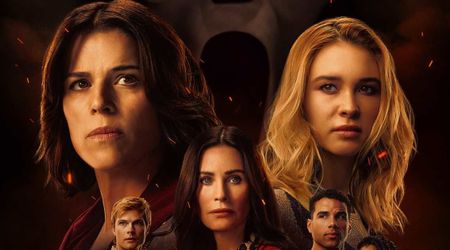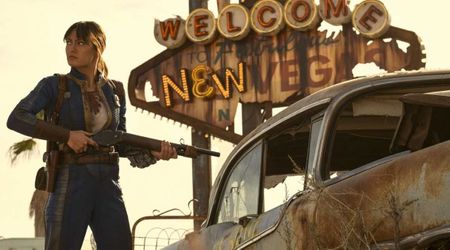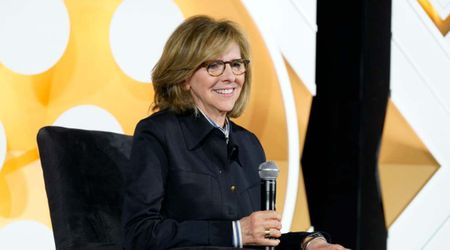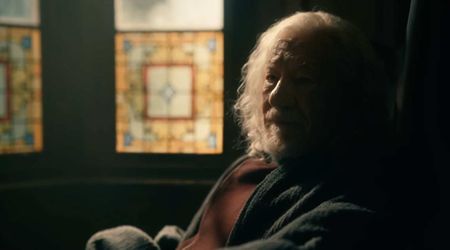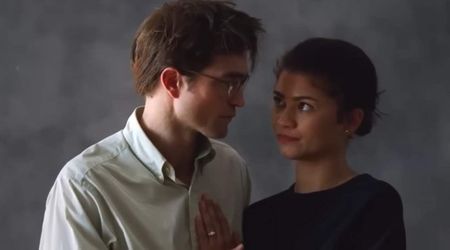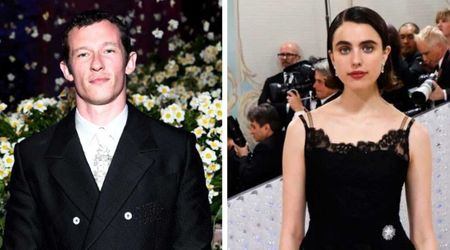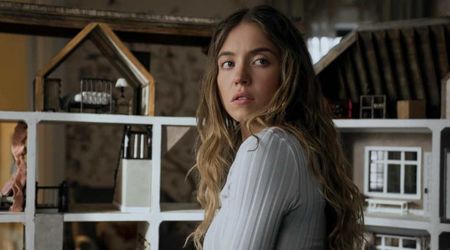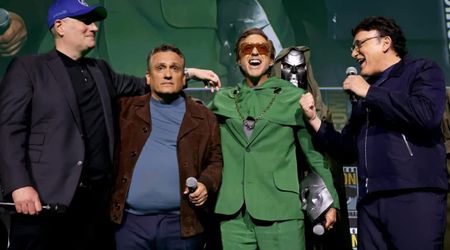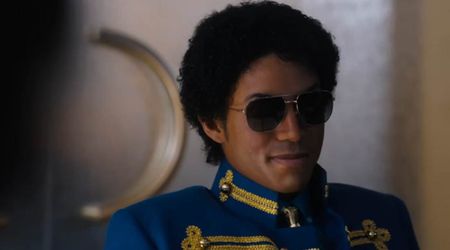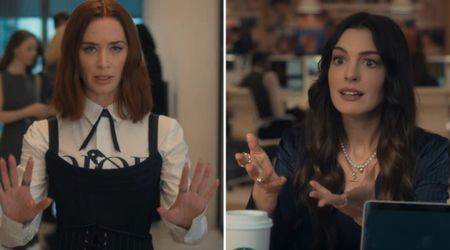Netflix 'The Boys in the Band' Review: Come for clever quips but stay for the truth bombs in film adaptation

Somewhere towards the end of the movie, when guest of honor Harold (Zachary Quinto) leaves, Donald (Matt Bomer) shuts the door behind him. In the living room behind him, the deserted battlefield, stands Michael (Jim Parsons) who is frozen in a moment of condensed anger, shame, and fear after having eviscerated friends and foes alike and revealed his own self-loathing in the process.
At this moment, Donald leans into the door, his shoulders sagging as he lets out a long sigh. We all know that sigh. It is the sigh of extreme weariness after we have spent too much time with a familiar group, be it family or friends, where the dysfunction has had time to marinate and rise to the surface like scum. It's the sigh that comes after an evening of every emotional landmine being triggered, insecurities dragged out into the open and mocked and every button pushed with unerring precision by people who we love and hate in equal measure, chained for life to each other because of circumstances of birth or situation.
It is also the sigh that tells you all you need to know about being a gay man in 1968, and whose 'band' of tightly-knit friends are equal parts family, lovers (ex or present), frenemies, and yes, fellow prisoners in a chain gang within the ghettoized queer space that constantly has its guard up against the hostility of the entire world.
Within it, they have to be everything to each other all the time because every encounter they have beyond their circle is a careful dance of assimilation with the 'straight' world. This, in itself, makes the 'safe space', ironically, a closeted space too, only larger. The film, like the famed play it recreates, has characters who represent familiar archetypes within the gay subculture in the 60s - the effeminate queen, the promiscuous flirt, the neurotic therapy addict, the bitch, the Black man (who gets a double dose of alienation), the 'himbo' and the tortured Jew.
The film starts out with just how sweet this space can be as Michael prattles on and throws barbs (without malice) at Donald, who is undergoing intense self-analysis about 'why' he is homosexual. Michael is still 'in love' with Donald, though they have broken up, and Donald continues to love him but more as a friend. Their past connection that continues into the present makes them extremely comfortable with each other and it shows.
The flip side of this space emerges when Harold and Michael interact - both are equally close is revealed in a small moment. Michael's mystery inscription moves the cynical, aloof Harold, and Michael is quickly (but secretly) delighted that his gift has had such an impact. And yet, their snipes at each other is laced with real malice.
But the sniping, the jealousies, and the envy is superseded by the fact that they can be completely themselves around each other. But each time the outside world intrudes (like the straight neighbors or Michael's friend, Alan), they put a collective blanket over Emory who they think is too 'out' there with his campy, effeminate humor and speech and is a liability because of it.
Even within the group, everyone teases Emory (Robin de Jesús) endlessly for being a 'flaming queen' who is lowest on their gay totem pole of respect. Hank (Tuc Watkins), who can 'pass' as straight is also treated with faint disdain but respected nevertheless and also deployed as protection from the straight world.
In a sense, they are all (excepting Emory and later Hank) to varying degrees closeted because they are defensive and uncomfortable about who they are. Within this fragile but safe ecosystem they have created for themselves, comes straight-laced Alan (Brian Hutchison), Michael's old college buddy, crashing the party (both literally and metaphorically), who Michael thinks is a closeted, homosexual with internalized homophobia.
We never get to know whether Alan is gay or straight and that is not the point of the story anyway. He is merely a catalyst whose homophobic words and actions, combined with Michael's suspicion that he is gay, triggers Michael to unleash his sublimated rage that exposes not only his friends to emotional devastation but also himself, all in order to force Alan to 'confess'. At the end of the film, he is the one walking to Church for mass, looking for peace, disturbed after being shown his own internalized homophobia that he projects on Alan.
In the current climate of gender fluidity and sexual experimentation from teen years onwards, the play might seem antiquated. But is it? Because each time society broadens to include an ostracized group, hostility remains to other minorities. It 1968, the world was telling gay men and women that they were sexual deviants. In 2020, we are keeping transgender men and women out of gendered spaces because they don't fit. 'The Boys in the Band' shows the psychological toll societal-level, all-pervading hostility engenders and thus can never be dated.
'The Boys in the Band' premiered on Netflix on September 30.

